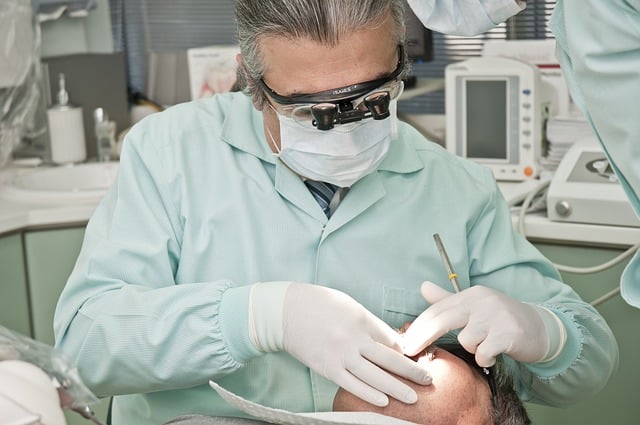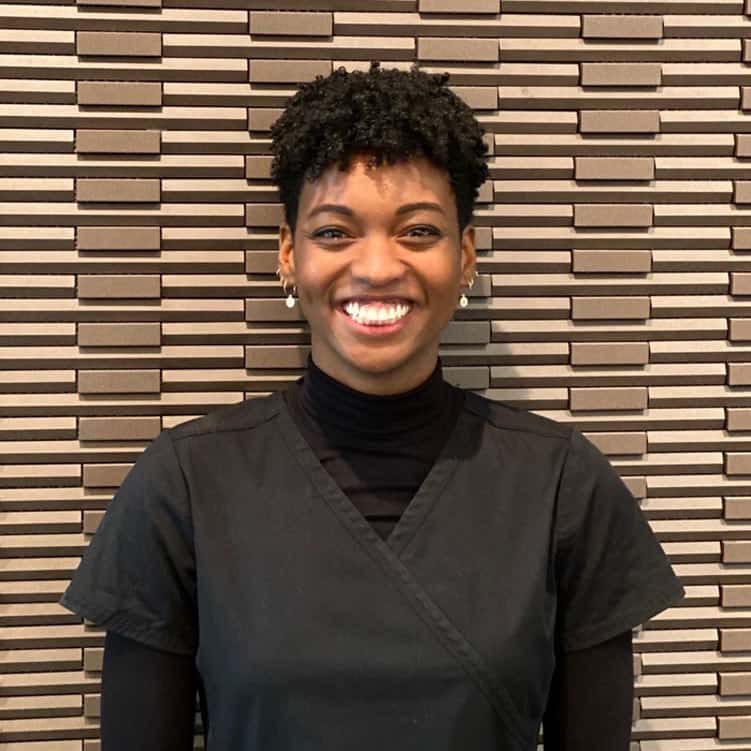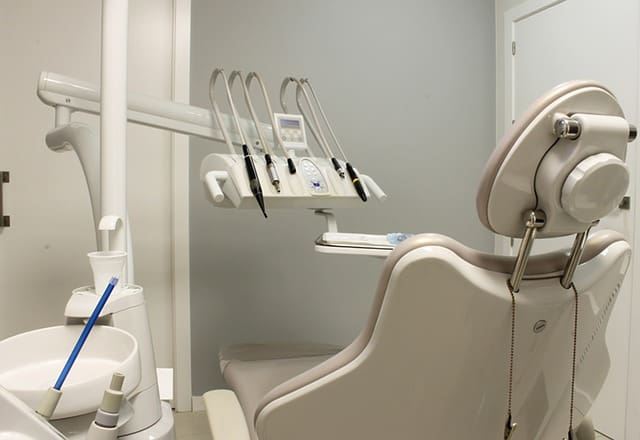Dentist, Endodontist, and Orthodontist. From Endodontists to primary care physicians to cardiac specialists, there are many different types of doctors who work hard to keep you physically healthy. The same is true when it comes to dental professionals who work just as hard to maintain the health of your teeth and gums. There are some oral care practitioners who offer general oral health care while others treat patients with serious dental problems requiring specialized treatment. In this post well take you through te differences between an Endodontist, Dentist, and Orthodontist. Let’s get cracking.
People also ask
- What is the difference between endodontist and orthodontist?
- Why would my dentist send me to an endodontist?
- Is endodontist better than dentist?
- What is an Endodontics in dentistry?
Knowing the Difference
Knowing the difference between these professionals can make it easier to know what type of oral health care you will likely receive when you schedule an appointment or have a dental emergency that requires prompt attention.
Dentists
A dentist is like the primary care doctor of dental care. Their job is to monitor your overall dental health. Most people without any serious dental issues will visit this type of oral care provider. This is the person who will determine if there’s a dental problem that requires further attention. Such as a cavity or signs of a gum infection.
This is also the professional who is likely to be the first one to observe that you have a problem with your oral health, teeth, or gums that requires further attention, including issues with misalignment or other abnormalities. For example, they may notice you are developing a significant overbite and refer you to a dental specialist to see if braces are right for you.
The main role of this oral care professional, however, is to encourage patients to take steps to prevent serious problems with regular checkups. They will be able to give you advice on things such as how to properly brush and floss and how to minimize the development of stains on your teeth. A typical checkup might include:
- A thorough cleaning of teeth
- Removal of plaque build-up with special instruments
- Checking for bite and jaw problems
- Using special processes to remove stains from teeth
- Looking for early signs of tooth decay or root decay
A “dental PCP” is also capable of performing a variety of treatments in their office. In addition to routine cleanings, such services may include installing or replacing fillings. Some general dental practitioners perform cosmetic procedures such as in-office tooth whitening. They also often handle crowns, and sometimes they prepare patients for dentures. For more extensive dental problems, a specialist dentist will evaluate and treat.
Endodontist
An Endodontist (a Greek term meaning “inside the tooth”) is a type of dental specialist who deals specifically with issues related to dental pulp and nerves in teeth. The pulp is the center part of a tooth with living connective tissue and cells. This soft tissue is considered the most important part of a tooth since it’s what helps maintain blood flow. You would likely be referred to an Endodontist if you needed a root canal, a procedure where the infected pulp is removed.
These oral health care professionals complete an additional 2-3 years of dental school to learn more about diagnosing tooth pain and how to perform procedures to correct it, then becoming a professional Endodontist. General dental practitioners may also perform root canals. This specialist deals with the following reasons:
- Tooth pain that’s difficult to diagnose
- Root canal prior to placement of a crown or some other type of restoration
- A dental injury that has resulted in pulp inflammation
- Extreme tooth sensitivity that makes standard dental treatments difficult to perform
This specialist studies root canal techniques and related procedures to allow for more precise diagnosis and treatment of issues affecting the sensitive areas of teeth. They may perform other procedures as well. If you were to have a tooth knocked out of its socket, for example, they would be able to replant the tooth. This is also the specialist you would likely see if you experienced a hard blow to the mouth that may have caused pulp damage. They also perform exploratory dental surgery to determine the cause of nerve-related pain.

Orthodontists
If you had braces when you were a child, you’ve likely been to an orthodontist. This is a type of dental specialist that specializes in the diagnosis and treatment of dental irregularities. They have an additional three years of university-based study. This allows them to diagnose and treat a wide range of dental issues involving tooth or jaw positioning (malocclusions). Specific tooth and jaw abnormalities diagnosed and treated by this specialist may include:
- Overbites and under-bites
- Mouth crowing or extra teeth
- Misaligned teeth
- Aesthetic (appearance-related) problems with teeth
- Structural issues
Patients with serious misalignment issues sometimes experience difficulties maintaining proper oral hygiene, difficulty chewing and sufficiently digesting food and speech defects. The most common treatment to restore alignment is the use of dental braces, which may be made of metal, ceramics, or clear materials. Patients typically continue to visit this specialist at regular intervals until braces are removed. Orthodontic treatment recommendations may also involve:
- Headgear and face masks to correct developmental issues (usually overbites or under-bites)
- Removable Retainers
- Nightguards to prevent teeth grinding.
This is also the dental specialist you may see if you have any pain related to a wisdom tooth that needs to be removed. They also perform tooth extractions sometimes necessary for other reasons, such as mouth crowding. While many practices are limited to general orthodontics and dentofacial orthopedics, practitioners are still able to treat patients of all ages with an assortment of dental problems.
Here is The Kicker
As you can see, dentistry is a broad field with several dedicated professionals who are part of it. General dentists and specialists often work together toward the same goals. Preventing dental problems from developing or becoming serious and giving patients plenty of reasons to smile.
Conclusion
Dr. Adam Schulhof is an orthodontist who is also committed to helping patients achieve these same goals. Call the office of Dr. Schulhof today if you have any questions about your oral health concerns or to schedule an appointment.
- Which tip will you try first???
- Either way, let us know by leaving a comment below right now and continue the conversation
The Schulhof Center
400 Kinderkamack Rd.
Oradell, NJ 07649
Phone: 551-231-5323
Endodontist, Dentist, & Orthodontist Explained | 2020 FUN FACTS




